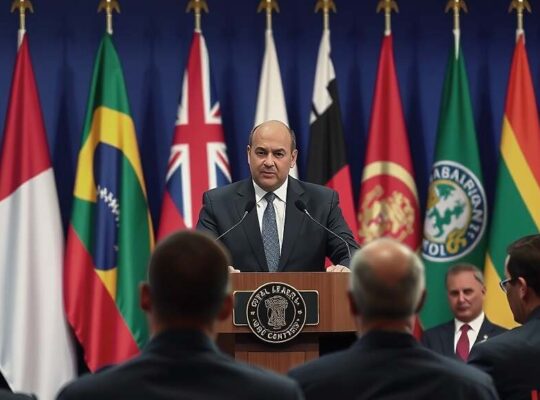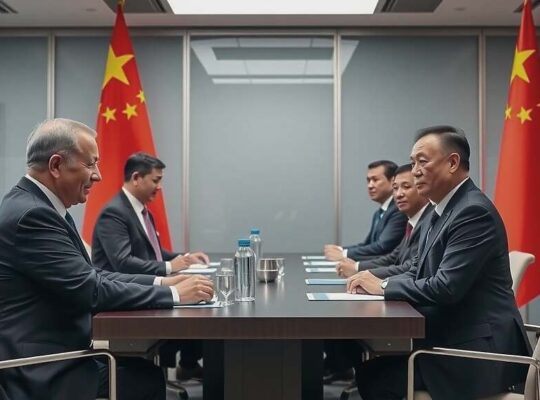Ola Källenius, CEO of Mercedes-Benz, is poised for a second term as president of the European Automobile Manufacturers’ Association (ACEA), according to reports from within the industry cited by the Handelsblatt. Having assumed the role in January, Källenius is reportedly seeking an extension of his tenure, with a board election scheduled for early December expected to confirm his continued leadership. ACEA declined to comment on the matter when approached by the Handelsblatt.
The ACEA functions as the primary lobbying organization representing the European automotive sector at the EU level, advocating for the interests of an industry that, it claims, directly and indirectly employs 13.6 million people. Representing 16 major vehicle manufacturers across passenger cars, trucks, vans and buses, ACEA wields considerable influence in shaping EU policy.
Källenius’s brief presidency has been marked by a sustained campaign for a softening of the EU’s stringent climate protection regulations. His position directly confronts the ongoing deliberations within European authorities regarding the landmark 2035 combustion engine ban, a policy cornerstone of the EU’s wider decarbonization strategy. Critics are already raising concerns about a potential conflict of interest given Källenius’s leadership role at Mercedes-Benz, an entity heavily invested in – but also potentially constrained by – the current regulatory framework.
The ACEA’s advocacy, led by Källenius, has drawn scrutiny, with some observers questioning whether the organization’s stance genuinely reflects the long-term interests of European citizens or prioritizes the profitability of its member companies. The expected ease of Källenius’s reappointment raises further questions regarding the ACEA’s accountability and the extent to which it is susceptible to influence from the powerful automotive industry it represents. While the position is formally limited to a one-year term with the possibility of extension, the expected return of Källenius suggests a continuation of the existing lobbyist approach and further delay in addressing the urgent transition towards sustainable transportation.












